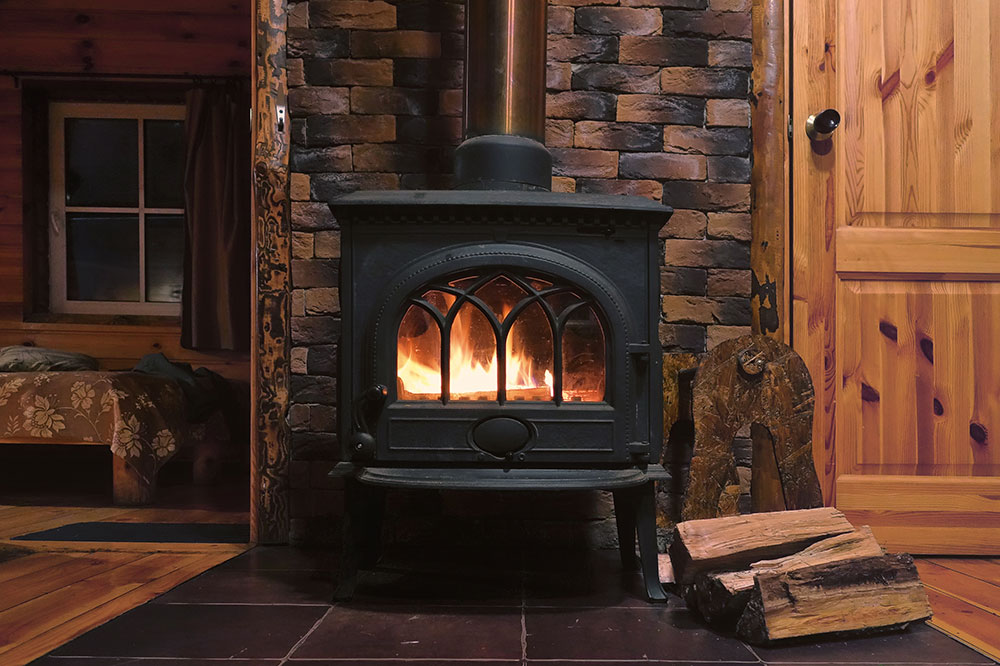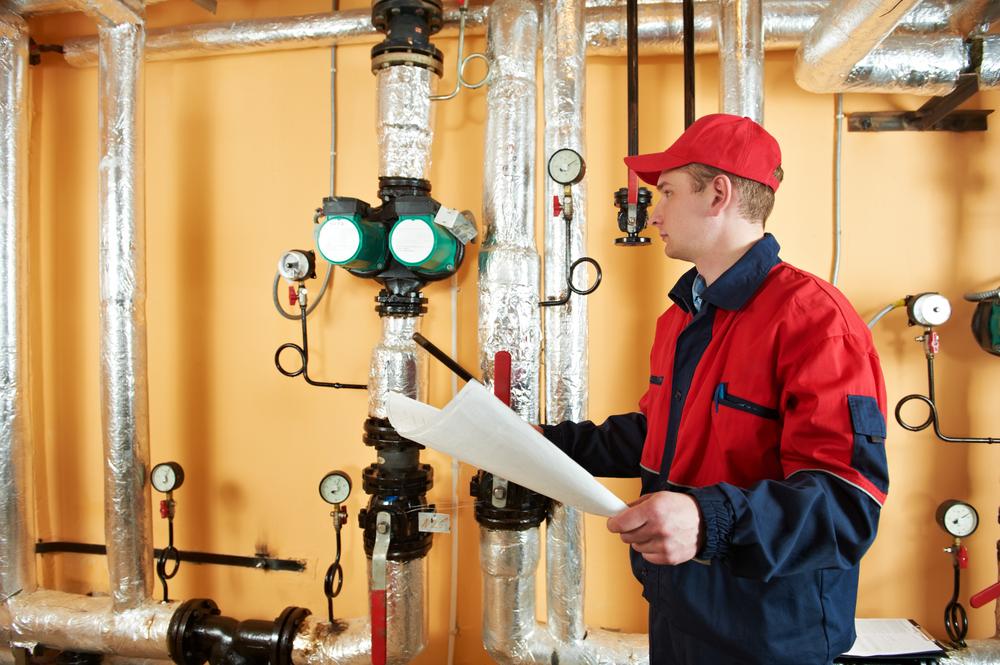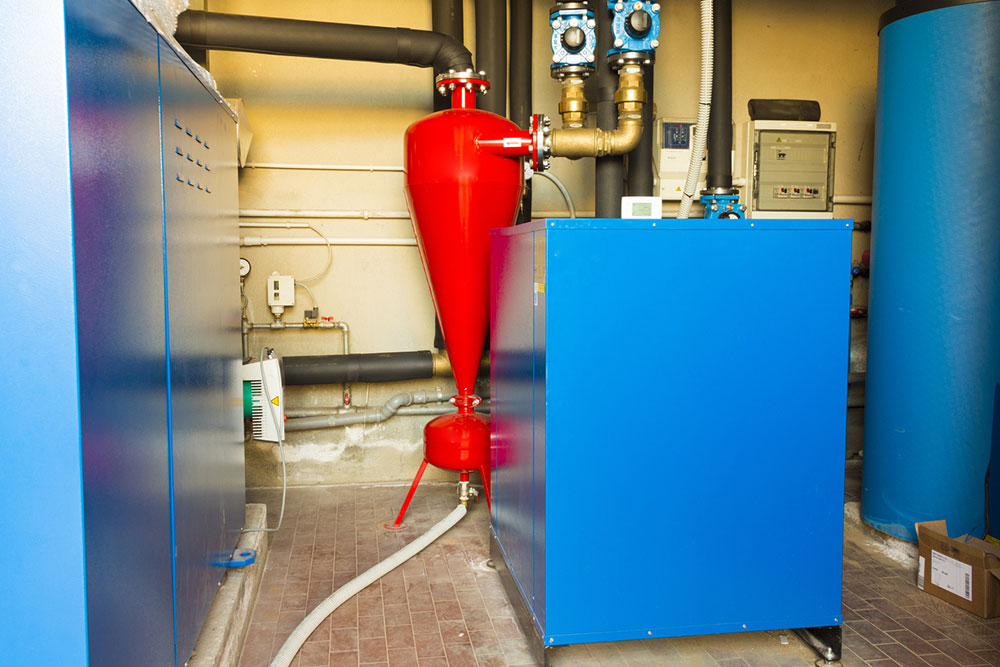Key Factors Influencing Furnace Costs
Choosing the right furnace involves considering multiple factors like efficiency, brand, fuel type, and installation complexity. This guide helps you understand key elements influencing costs and offers tips to select a model that balances performance and budget. Whether installing an oil, gas, or electric furnace, knowing these factors ensures a wise investment for home comfort and energy savings.

Key Factors Influencing Furnace Costs
When considering a new heating system, it's essential to understand the various factors that impact furnace prices. Unlike simple online shopping, replacing your furnace involves careful planning to ensure you get the best value for your investment. Your choice depends not just on price but also on features, efficiency, and long-term savings, making informed decisions crucial for comfort and cost-effectiveness.
Factors that Impact Furnace Pricing: Knowing what influences costs helps you select the right furnace for your needs and budget. A reliable furnace is vital for winter comfort, so choosing wisely prevents future inconveniences.
Below are key elements that affect furnace pricing:
Energy efficiency
Modern furnaces are significantly more efficient than those from 15-20 years ago. AFUE ratings measure energy efficiency; a furnace with 90% AFUE is decent, but one with 97% provides greater savings, although at a higher initial cost. Investing in high-efficiency models reduces energy bills over time.
Brand reputation
Well-known brands tend to be pricier but offer better reliability, performance, and warranty coverage. Brand trust often translates to better long-term value.
You generally get what you pay for. Premium brands are a safer bet for durability and service.
Purchase timing
Buying during spring or summer can save money since manufacturers and HVAC providers often run specials and financing options during off-peak seasons.
Fuel type
Choosing between electric, gas, or oil influences cost. Electric models are usually cheaper upfront, but operational costs vary. Gas furnaces are common but may add installation expenses if a gas line isn't available. Oil furnaces are suitable where gas isn't accessible and can be cost-effective in specific regions.
Installation complexity
The total price includes installation costs, which can increase with difficult setups such as ductwork upgrades or electrical work. Proper installation ensures maximum efficiency and safety.
Additional features
Luxury features like variable-speed motors, advanced air filters, and electronic controls elevate furnace cost but enhance comfort, efficiency, and indoor air quality.
Typical Furnace Price Ranges: Selecting a furnace requires evaluating all options beyond just price. Furnaces distribute heated air through ductwork and are categorized based on fuel type and features.
Oil Furnaces: Costing between $2,000 and $6,000, these are popular in areas lacking natural gas, with AFUE ratings from 80% to 90%. They need regular maintenance to remove soot and carbon buildup.
Gas Furnaces: The most common choice, with prices between $1,500 and $5,000, and AFUE ratings up to 98%. Gas models require safety measures like carbon monoxide detectors and generally last up to 25 years with less maintenance.
Electric Furnaces: Ranging from $1,000 to $3,500, electric models are more suitable where gas or oil supply is limited. Although operational costs may be higher, they are easier to install and maintain, and ideal for renewable energy integration.
Dual-Fuel Systems: Combining heat pumps and gas furnaces, these systems provide versatility for various climates. Installation costs are higher, but they offer excellent energy efficiency, with prices around $2,500 to $7,000.
Summary: The cost of a new furnace depends on type, size, efficiency, features, and installation complexities. By understanding these factors, you can select a system that aligns with your financial and heating needs.
Note:
Our blog provides valuable insights across various topics to help readers make informed decisions. While based on thorough research, it should not be regarded as definitive advice. Users should consider current offers and schemes that may be more advantageous for their specific circumstances.










